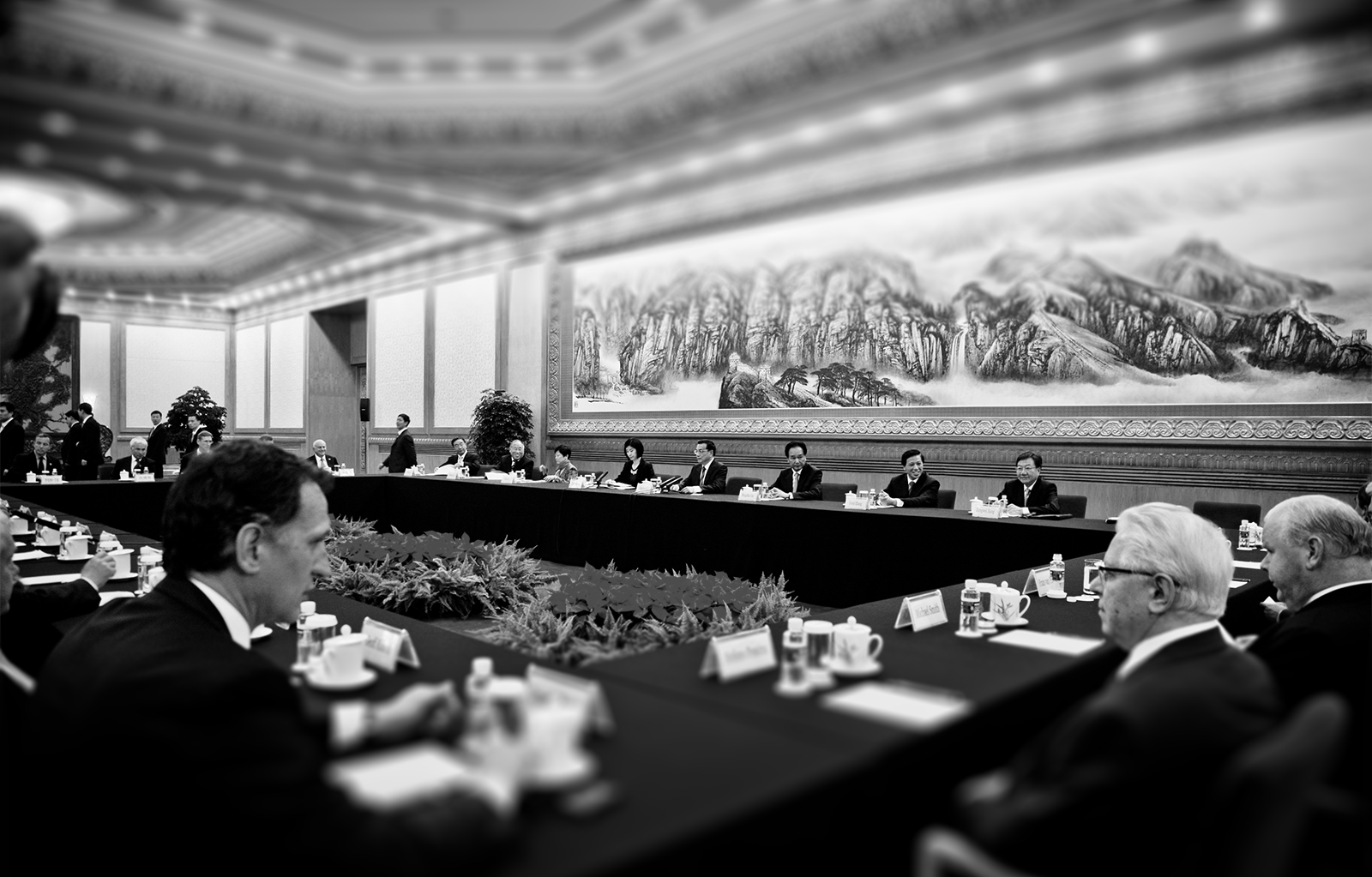Rumman Chowdhury, PhD, is a globally recognized expert in responsible AI, governance, and algorithmic accountability. She is the CEO and co-founder of Humane Intelligence, a nonprofit advancing community-driven AI auditing and evaluation. Appointed as the U.S. Science Envoy for Artificial … Continued
Rumman Chowdhury, PhD, is a globally recognized expert in responsible AI, governance, and algorithmic accountability. She is the CEO and co-founder of Humane Intelligence, a nonprofit advancing community-driven AI auditing and evaluation. Appointed as the U.S. Science Envoy for Artificial … Continued
Rumman Chowdhury, PhD, is a globally recognized expert in responsible AI, governance, and algorithmic accountability. She is the CEO and co-founder of Humane Intelligence, a nonprofit advancing community-driven AI auditing and evaluation.
Appointed as the U.S. Science Envoy for Artificial Intelligence, she engages in global AI governance efforts with a focus on emerging markets. Previously, she led AI ethics teams at Twitter and Accenture, pioneering enterprise-level AI risk mitigation tools. Rumman is also a Responsible AI Fellow at Harvard’s Berkman Klein Center and a trusted advisor to international organizations on AI policy and ethics.
Rumman joined Accenture in 2017 as their first Managing Director building a global practice in Responsible AI. In this role she developed the first enterprise bias detection and mitigation tool, the “Fairness Tool.” Her work set early industry standards for AI ethics, long before responsible AI became mainstream.
At Twitter, she was the Engineering Director and lead of the META (Machine Learning Ethics, Transparency, and Accountability) team, one of the first hybrid research and engineering groups focused on auditing social media AI models for bias and risk. She also pioneered the first-ever AI bias bounty program, creating a new model for community-driven AI accountability.
Rumman began her career in public policy and economic analysis, working at the Council of State Governments and in market forecasting for a consulting firm. These early roles gave her a deep understanding of how technology impacts economies, governance, and society.
She has collaborated with national governments, multilateral bodies, and civil society to shape ethical technology policy—bridging technical expertise with policy insight to guide responsible AI governance.


